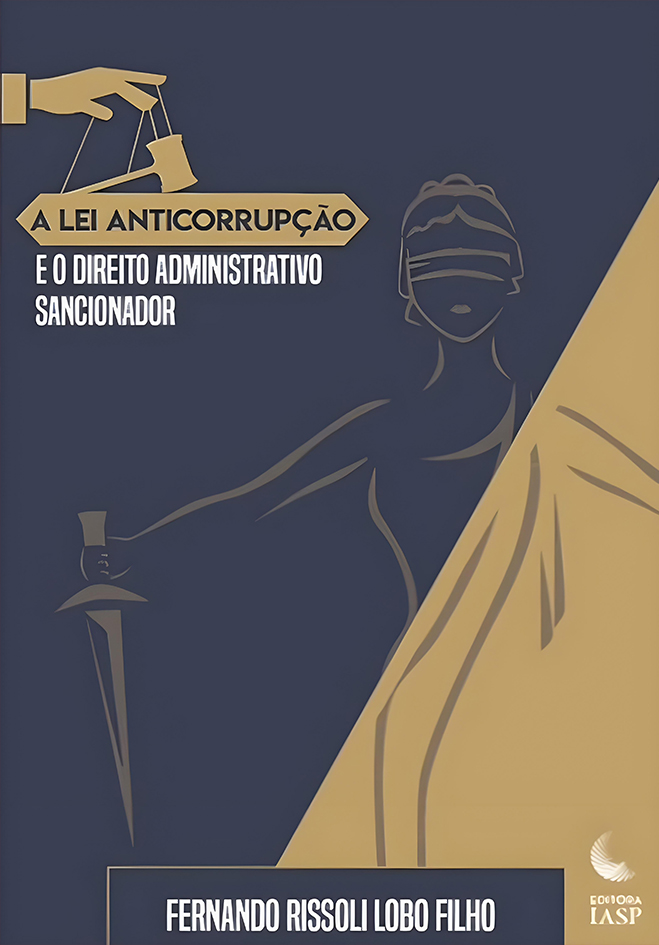
The anticorruption law and the sanctioning administrative regime
“[…] recently, Law No. 12,846, of August 1, 2013, known as the Anti-Corruption Law or the Clean Company Law, was enacted, providing for the administrative and civil liability of legal entities for the practice of acts against the public administration, national and foreign. […] It is about this law that Fernando Rissoli Lobo Filho discusses. And it does so in depth, inserting it in a historical context, based on the analysis of the international anti-corruption movement and considering the desires of Brazilian society […]. The author analyzes in detail the legal regime of the sanctioning administrative law, pointing out and analyzing its informing principles to then examine the relevant points of the anti-corruption law […]. The controversial issue of the strict liability of legal entities is analyzed by the author, who defends the idea that this type of liability, provided for in the Anti-Corruption Law, can only be applied for the purposes of repairing damages and returning amounts, but not for the application of sanctions. The author analyzes the law in its entirety, covering the harmful acts and respective sanctions, the administrative liability process, the leniency agreement, judicial liability and even the final provisions of the law. […] For all these reasons, the book presents itself as an important source of research, study and meditation for those who dedicate themselves to the study and apply the Anti-Corruption Law”.
